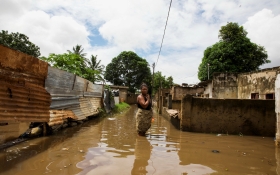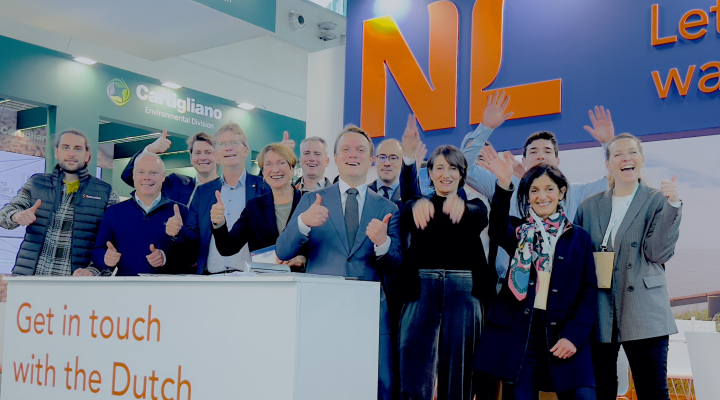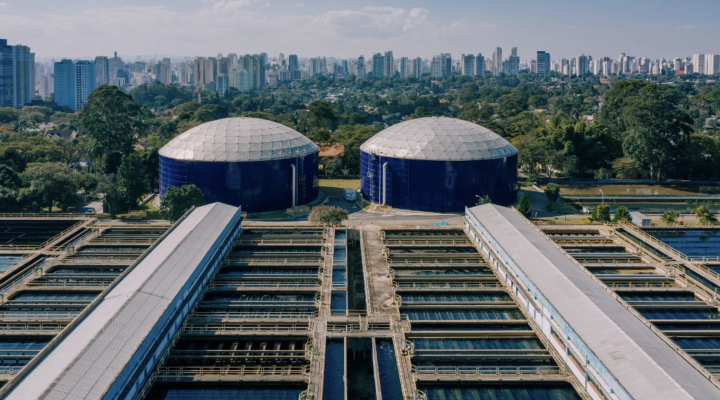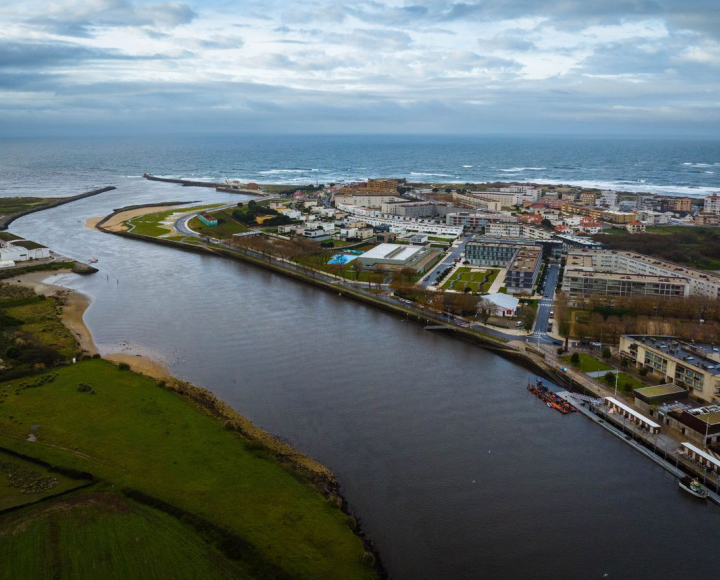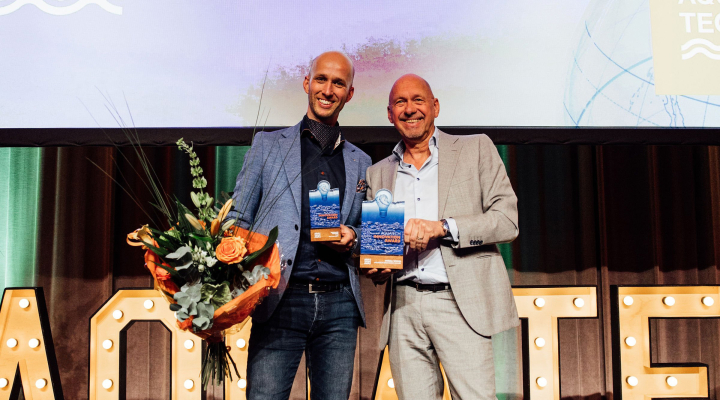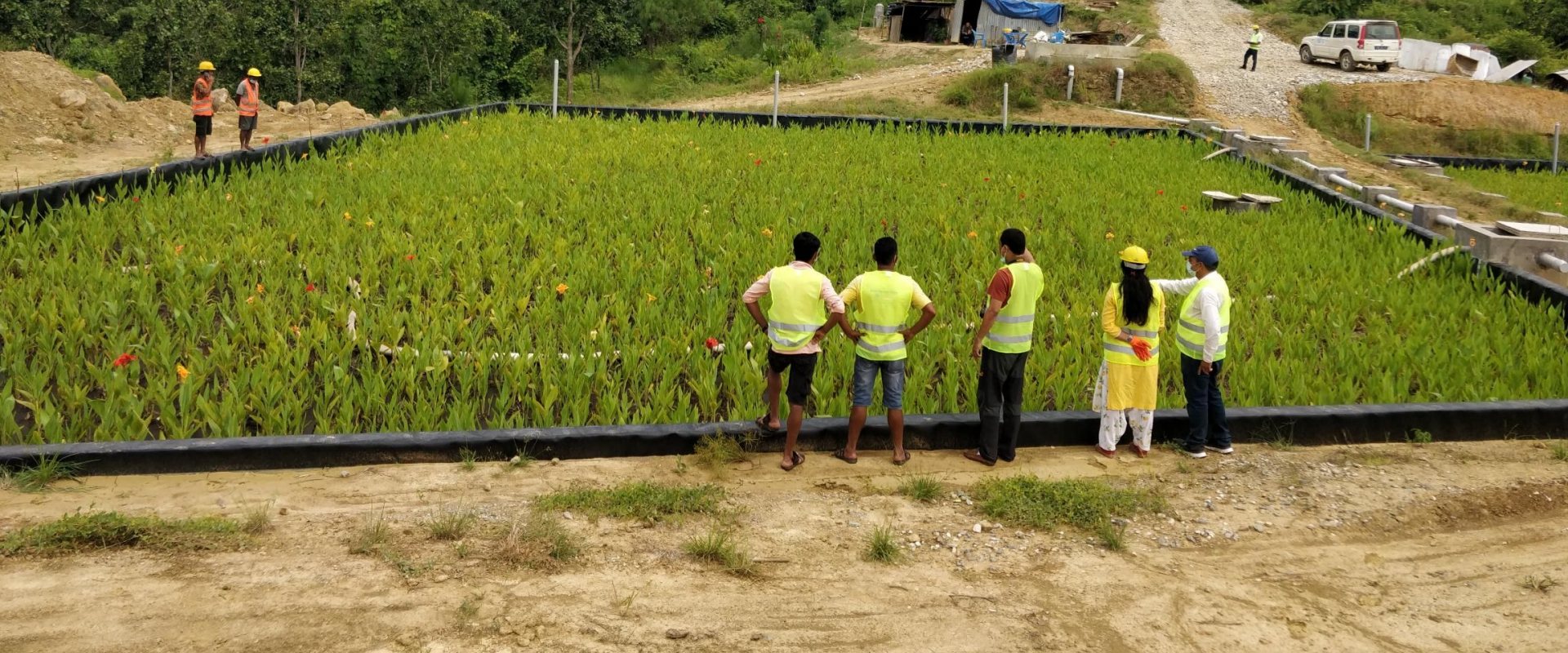
Fifth Faecal Sludge Treatment Plant in Nepal
Birendranagar municipality in Nepal is now part of the growing list of cities with a Faecal Sludge Treatment Plant (FSTP) built under the WASH SDG programme of SNV, a Dutch non-for-profit international development organisation.
The FSTP began operations on 30 September and offers safe treatment and disposal of human excreta services to the city’s 116,000 residents.
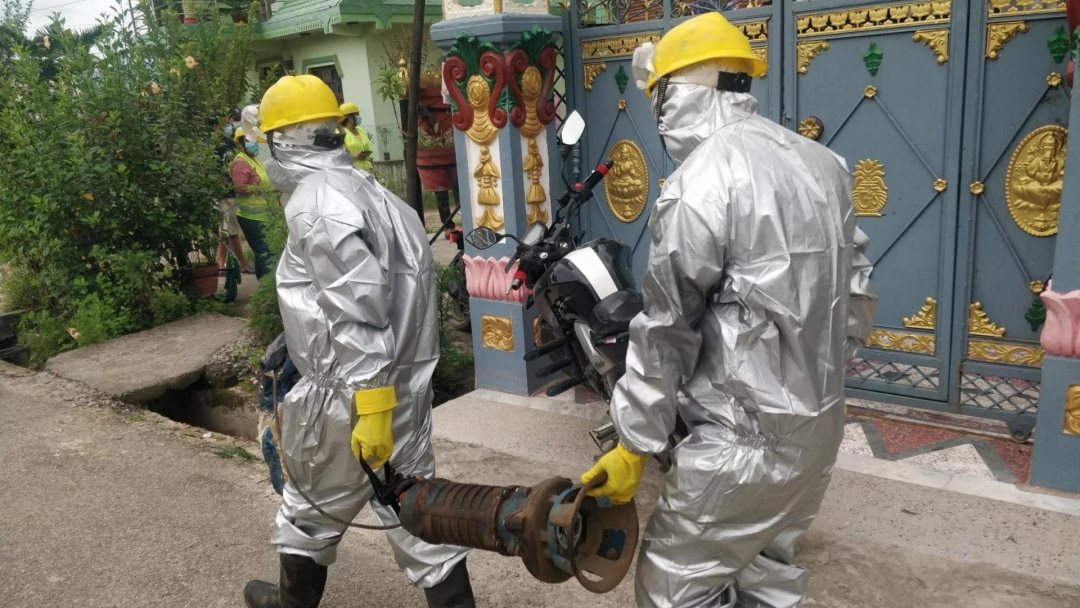

Handover ceremony
During the FSTP handover ceremony to the municipality, Dev Kumar Subedi, Mayor of Birendranagar showed his appreciation for the work by SNV.
‘Development work should not only be a process of give and take’, the mayor said. ‘The municipality should be responsible to take this further. Even if there is a transitional change in the municipality when new representatives come in.
According to Subedi this initiative should be taken as an opportunity for the longer term operation and sustainability of faecal sludge treatment.’
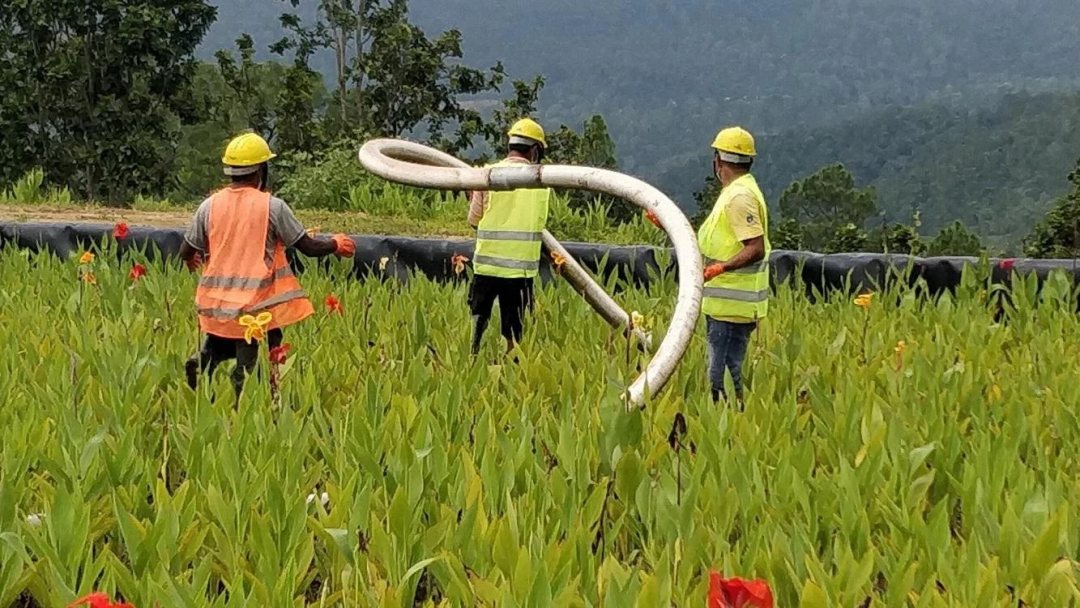

First upgrades
The FSTP is the fifth plant in Nepal and the first for SNV to be constructed and completed at a cost of NPR 19.76 million (163,810 US dollar). It has a design capacity of 50 m3 of faecal sludge per day and a lifespan of fifteen years. It is equipped with treatment elements to separate solids and liquids, and to treat and reuse products. Other elements include a screening unit, a vertical flow constructed wetland, compost curing houses, and composting units.
Alongside ongoing emptying operations, phased service and infrastructure upgrades are already underway. Operations and maintenance, in addition to the planned upgrades, will be financed by the municipality’s budget. Tipping fees were worked out in consultation with the municipal officials.
Business opportunities
At its current capacity, the FSTP is already creating business opportunities for private pit emptying truck operators. To date, four emptying operators had been activated, charging a septic tank emptying fee of NPR 6,000 (60 US dollar) per visit.
‘It’s an honour to be part of this business’, exclaimed Sita Gautam, private FSM service provider in Birendranagar.
‘The business of managing faecal sludge is really a serious business', she adds. To manage faecal sludge for a safer environment is the need of the present. This will help to reduce contamination, and will help to grow our business in a more sustainable way,’.
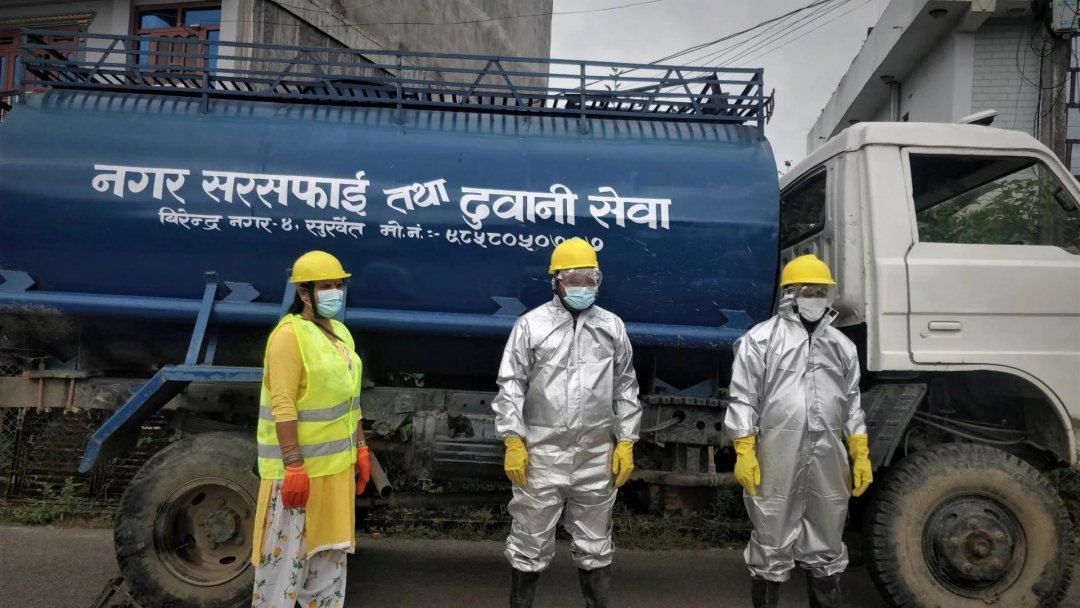

City sanitation plan
The work on the FSTP in Birendranagar started in 2019, along with SNV’s involvement in the preparation of the city’s Sanitation Plan. Following an informed choice process, stakeholders selected a low-cost, non-mechanised FSTP to service the city’s sanitation needs.
Earlier this year SNV and Institute for Sustainable Futures at the University of Technology Sydney published a joint study on the implementation of fecal sludge treatment facilities and the current technical, financial and operational experiences.
Interviews at existing low-cost sludge treatment plants learned that an important success factor is the ability of operators to create more demand from households to empty their pit latrines and for the operators to expand the treatment capacity of their plants accordingly.
Through its WASH SDG programme, SNV is also involved in construction of FSTP plants in Bangladesh, Tanzania and Indonesia.
